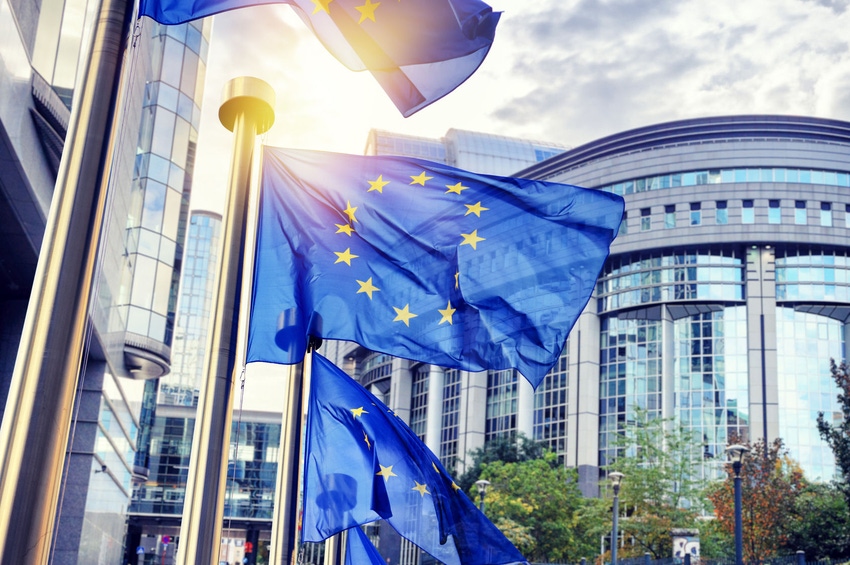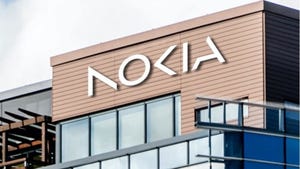The Eurocracy has updated the European Electronic Communications Code but telecoms trade association GSMA thinks it doesn’t go far enough.
June 6, 2018

The Eurocracy has updated the European Electronic Communications Code but telecoms trade association GSMA thinks it doesn’t go far enough.
For some reason the EU press release saw fit to tell us “The European Parliament and the Council reached late last night a political agreement to update the EU’s telecoms rules.” They clearly want everyone to know how hard they’re working, not that that’s ever in any doubt, surely.
“This agreement is essential to meet Europeans’ growing connectivity needs and boost Europe’s competitiveness,” said Vice-President in charge of the Digital Single Market, Andrus Ansip, bravely refusing to succumb to exhaustion. “We are laying the groundwork for the deployment of 5G across Europe.”
“The new telecoms rules are an essential building block for Europe’s digital future,” said Commissioner for Digital Economy and Society, Mariya Gabriel, who presumably staggered over the finishing line with Ansip. “After several months of tough negotiations, we have agreed on bold and balanced rules to provide faster access to radio spectrum, better services and more protection for consumers, as well as greater investment in very high speed networks.”
Here’s what they managed to thrash out in the small hours of the morning, with only vintage Bordeaux to lift their spirits:
Ensure the availability of 5G spectrum
Facilitate high capacity fixed networks
Yet more regulations to ‘benefit and protect consumers’
But the GSMA seems ungrateful to the point of cruelty about this Herculean effort. “As shown in the past, Europe has the ability to overcome difficult decisions and ensure a more solid and scalable EU market,” said Afke Schaart, VP and Head of Europe at the GSMA. “We are disappointed that this crucial opportunity – for citizens as well as for the 5G industry – was not fully grasped, and strongly believe in the need of a better deal for Europe’s global digital competitiveness.”
Here are the specific holes Schaart picked in Europe’s endeavours:
Still too much investment uncertainty
Not enough spectrum harmonization across member states
Too much regulation of telcos in general, made worse by fresh retail price restrictions
There is a distinct sense of déjà vu to all this. Trade bodies and individual companies have been clamouring for more help for the European telecoms sector from the EU for ages, but the EU seems more concerned with consumer virtue-signalling. We do have some sympathy for the GSMA’s position as other parts of the world seem to be empowering their telcos just as Europe seeks to restrict its own.
About the Author(s)
You May Also Like








.png?width=300&auto=webp&quality=80&disable=upscale)


_1.jpg?width=300&auto=webp&quality=80&disable=upscale)


.png?width=800&auto=webp&quality=80&disable=upscale)